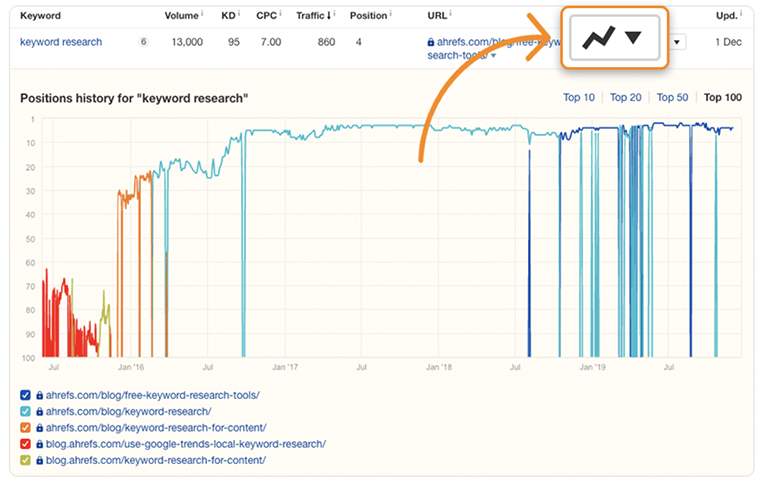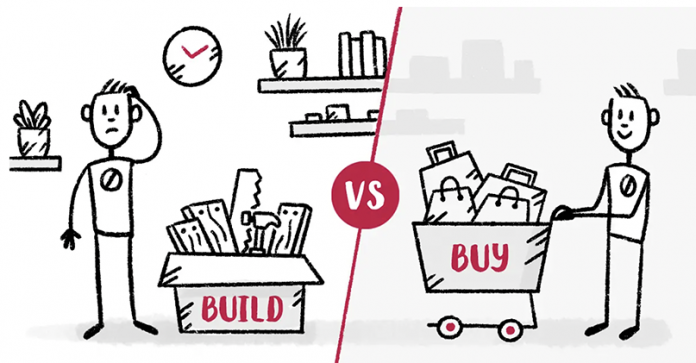If you’re thinking about selling your business, it goes without saying that you want to sell it for as much as possible.
But it’s not as easy as you might think.
Selling a business is a complex process. No two businesses are the same, meaning there’s not a single formula every business owner can follow to sell their company. Experts at Entrepreneurs Hub can help you in selling your business.
Having said that, you can follow some best practices to give yourself a good chance to sell your business at the highest valuation.
Keep reading to find out what these best practices are and how you can use them to sell your business for as much as possible.
1. Prepare for the sale as early as possible
This might seem like an obvious point to make, but you must give yourself enough time to prepare for the sale.
Ideally, you’d start preparations at least a year in advance. It gives you plenty of time to make your business more successful and appealing to potential buyers.
Here are a few things you can focus on during this time:
- Improve your financial records: Review how your finances are looking and identify where you can make improvements. When the time comes to sell, this will make your financial records much more appealing to buyers.
- Increase your customer base: A business with a wide and loyal customer base is sustainable and profitable. So before you sell, make sure you can show buyers that you have a solid customer base.
- Refine your business structure: Making sure your business structure is as efficient as possible is a great way to show potential buyers that they don’t have much work to do when they take over. It also allows you to place a higher valuation price on the company.
- Identify software improvements: Spend some time figuring out if you need to upgrade any of your existing software before the sale or if you want to build anything from scratch.
For example, you might consider upgrading your CMS to manage your clients better. It’s up to you to decide whether it’s worth the money to build the software from scratch or buy it from an existing company.
Once you figure out which route you want to go down (build vs. buy), you’ve got plenty of time to get things sorted before you start selling.
2. Confirm why you’re selling your business
One of the first questions a potential buyer will ask is why you’re selling the business. You need to provide them with a legitimate reason that won’t put them off the sale.
Here are some of the common reasons business owners plan to sell:
- Work/life balance
- Retirement
- Disputes between partners
- Opportunity to capitalize
- Health issues
- Looking for a change of career
Of course, there’s another reason we didn’t mention on this list: low profits. This reason for selling can be a warning sign for potential buyers.
Put yourself in the shoes of the buyer. Would you want to buy a business that’s not making any money?
If low profits are the reason you’re looking to sell, you should spend some time trying to turn things around before listing your business for sale. This will give you a higher chance of a bigger sale and attract more buyers.
It might mean waiting an extra six months to seal the deal, but it’ll be worth it.
3. Determine the value of your business
Determining the value of your business allows you to price it appropriately.
Some business owners opt for hiring a business appraiser to do this for them. But if you’re keen to try it yourself, here are a few things you need to bear in mind:
- Calculate the value of your assets: From materials and equipment to inventory and cash, tally up the costs of everything you own. Your buyer will certainly ask for this information.
- Measure your annual revenue: Your buyer will also want to know your annual revenue, so make sure you have access to this information. They might also ask to see revenue over a specific time, so be prepared to show previous years, too.
- Review your online analytics: To determine how successful your business is online, you need to know how much traffic you’re getting and how this correlates into sales. Using an SEO tool is a great way to find all this information in one location and produce reports.

- Think outside the box: Aside from the numbers, other factors can influence the value of your business. Your geographical location, brand perception, and potential for growth all add value to the business.
Now that we’ve outlined some of the ways to determine the value of your business, why not give it a go for yourself?
Imagine you’re the owner of this route optimization software. What would be the steps you’d take to analyze its value? Give it a go as a practice run for your own business valuation and see how it goes.
It could also help you figure out if you need a business appraiser.
4. Consider using a business broker
As we’ve already mentioned, selling a business isn’t an easy task. And so, you need to decide whether you’d rather negotiate the sale yourself or hire a business broker to handle it on your behalf.
If you’re not sure which option would be best for you, here are a few of the pros and cons to using a business broker.
Pros of using a business broker
- Market knowledge: They’ll have strong knowledge of current market conditions, meaning they can give you an accurate and competent valuation of your business.
- Experience with the sales process: Depending on the broker you use, they’ll likely have experience with the sales process.
- Allows you to continue running the business: You can continue running your business and making a profit while the broker handles the sale process.
Cons of using a business broker
- Fees: Using a broker isn’t cheap. If you’re going to use one, prepare to give them a commission for the sale.
- Skilled brokers can be hard to find: Ideally, you need a broker that has some experience in your industry and understands the market well. This isn’t always easy to find.
Speaking of outsourced professionals, you might want to take certain steps to ensure that any transition to new ownership goes smoothly.
Remember, it’s possible that the new owners might have to register the business again if they operate in another state. To help with this, consider using a registered agent to navigate all the legal yellow tape involved in the transfer.
5. Find the right buyer
Much like finding the right broker, finding the right buyer can be tricky, too.
You don’t just want any buyer for your business. You want the most qualified buyer who’s willing to pay your valuation price.
So what can you do to find the right buyer?
Here are a few tips:
- Be clear about what you’re selling: Transparency is key when it comes to selling your business. If you want to find a buyer who will take care of your business, you need to be honest about your business, its current position in the marketplace, and what the buyer can expect to pay. This will help you weed out any buyers that aren’t serious, too.
- Reach out to people who fit the bill: Throughout your time as a business owner, you’ve likely made a lot of connections. Take stock of who you know and reach out to anyone you think might be interested. It could be something as simple as an email to get the ball rolling. And if you’re not sure what to include, take a look at some of these sales emails templates to give you some inspiration.




































